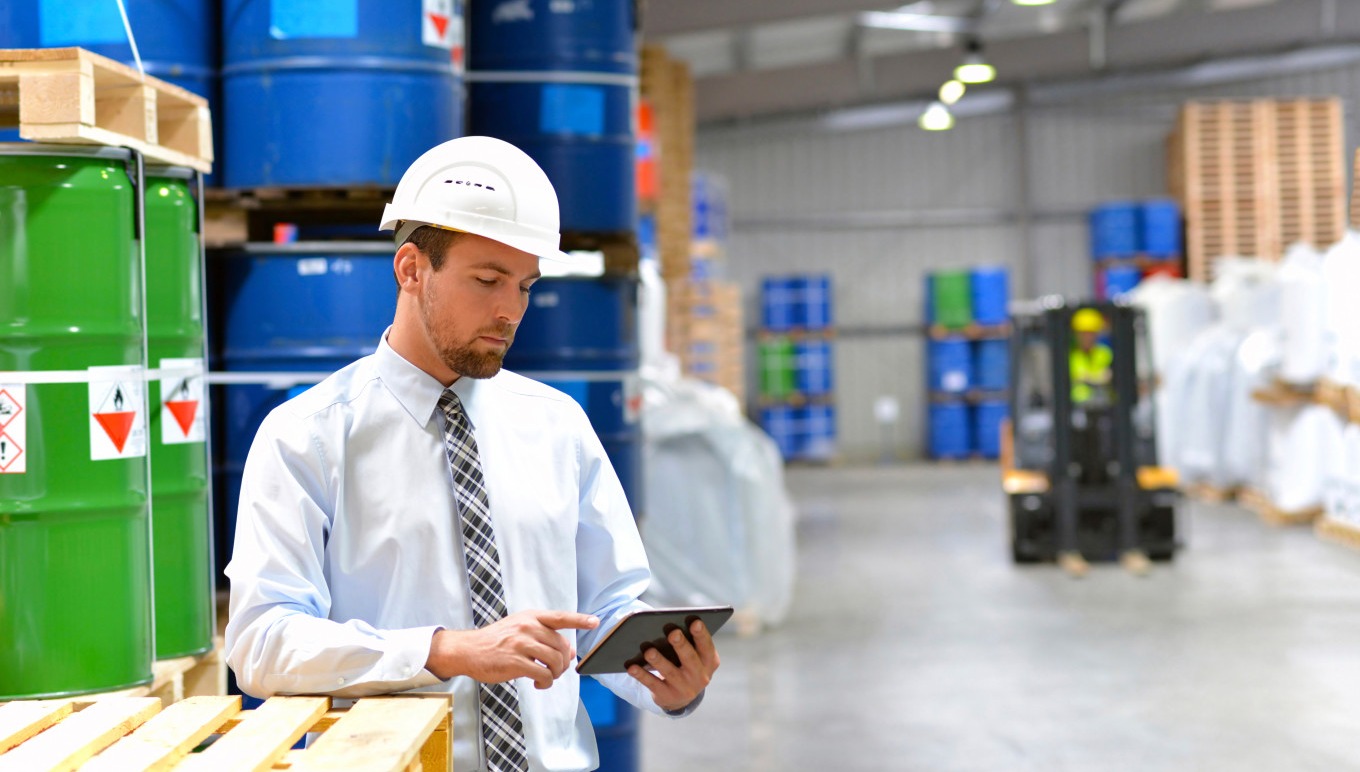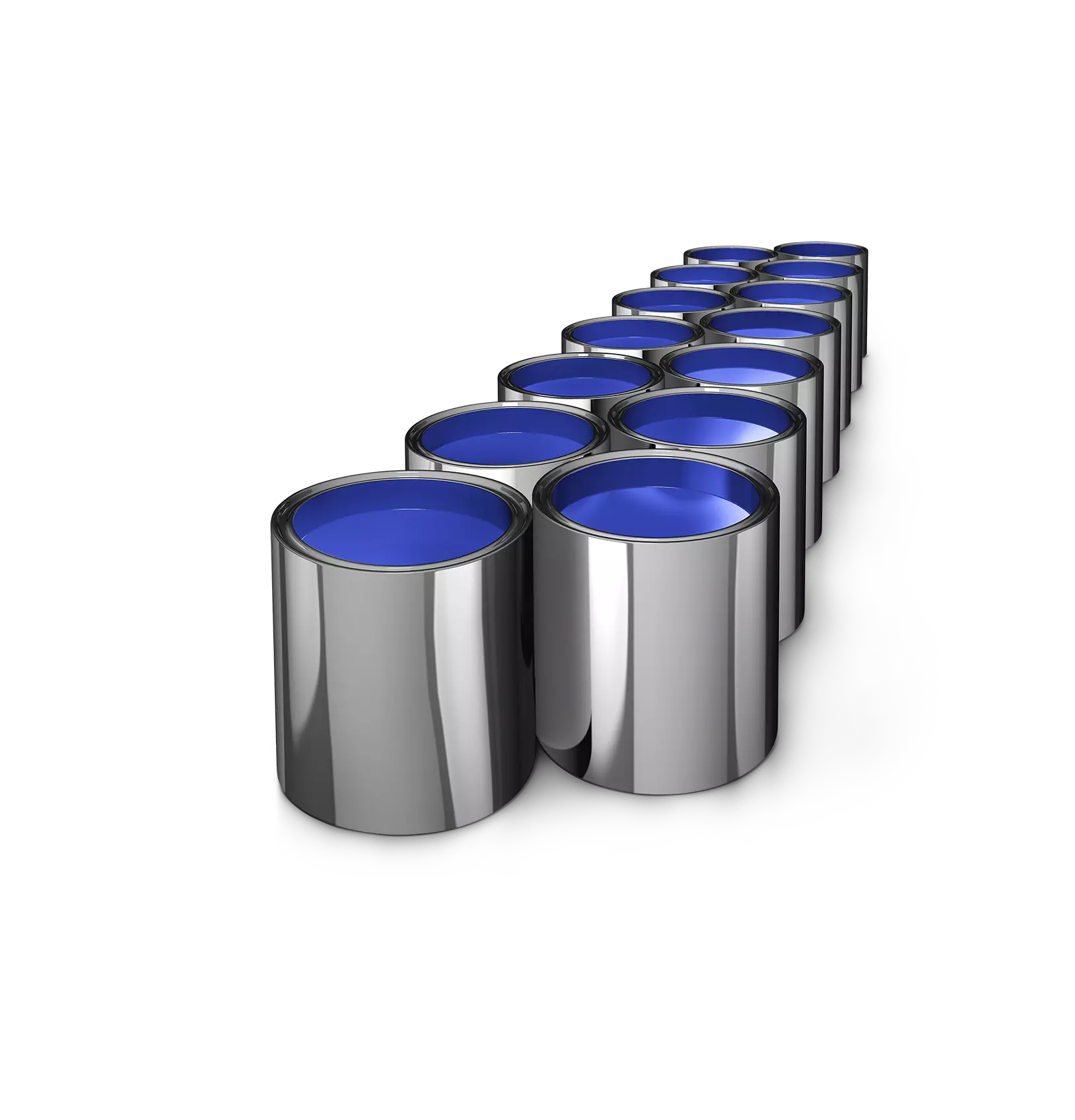Sustainability Is High On The Chemical Manufacturing Agenda
Sustainability Is High On The Chemical Manufacturing Agenda
Sustainability Is High On The Chemical Manufacturing Agenda
May 2, 2022
 Daniel Erickson | Senior Product Manager
Daniel Erickson | Senior Product Manager
The gauntlet has been laid by global leaders to do more to tackle climate change. More than 130 countries have committed to reaching net zero national emissions by 2050—and many regions will be relying on business owners to drive energy and waste efficiency.
For chemical manufacturers, the pressure is on. The chemical industry is the world’s third-largest industrial source of greenhouse gasses, and chemicals are embedded in more than 96% of manufactured goods. Increasing manufacturers’ sustainability credentials would have a noticeable impact on international emissions.
Encouragingly, chemical manufacturers have a strong desire for change. New Aptean research has revealed that 1 in 4 companies want to reduce their waste output in 2022 and prioritize sustainability in their business development strategies. But in a sector heavily reliant on fossil fuels, becoming more sustainable will require organizations to rethink deeply ingrained systems and processes.
To help chemical manufacturers take the next step towards sustainable production, Aptean has released a new eBook: 3 Strategies for Accelerating Sustainability in Chemical Manufacturing. Here, we share some of the top lines from our report—and how companies can use chemical ERP software to optimize their operation end-to-end.
1 in 4 chemical manufacturers want to reduce their waste output this year.
Modernizing Infrastructure For Sustainable Decision-Making
The main barrier standing between chemical manufacturers and eco-minded decision-making is visibility over operational data and processes. 4 in 10 organizations rely on outdated or unintegrated technologies to run their plants, which impacts their ability to analyze and act on challenges around productivity, energy efficiency and material waste.
While sustainable manufacturing is a revolutionary movement, there’s huge value to making incremental improvements. Interconnected processes and integrated data insights enable manufacturers to maximize equipment efficiency, optimize production and (where possible) intelligently group sourcing and distribution based on location.
Sustainability forms a core pillar of chemical manufacturers’ digital transformation strategies, yet greater focus on data quality is key. 68% of the chemical manufacturers we surveyed said their data is currently too fragmented or siloed to use effectively. And 61% don't trust the data insights generated by their existing technology stack.
Modernizing business infrastructures makes sense from a commercial perspective, too. According to our research, 44% of chemical manufacturing companies that have invested in automation say their business is prospering, compared to only 28% of digital laggards. And a significant percentage of chemical manufacturers have already committed to digital transformation projects.
Chemical manufacturers with a non-existent or nascent modernization strategy will not only find it hard to function more sustainably; they risk falling behind their competitors on capability, efficiency and profitability as well.
4 in 10 organizations rely on outdated or unintegrated technologies to run their plants
Upskilling Employees To Accelerate Innovation
Operational investment will put the digital infrastructure in place to support sustainable decision-making in chemical manufacturing. But those decisions still need to be made by skilled people—who are currently in short supply.
Labor shortages in the manufacturing industry have been well documented. In fact, 4 in 10 manufacturers Aptean surveyed said skills and staffing deficits were their biggest problem. So chemical manufacturers need to build a roadmap towards net zero emissions that addresses cultural and organizational challenges alongside sustainability goals.
Already, digital transformation strategies are enabling chemical companies to offset the impact of employee shortages. Many manufacturers are automating previously manual tasks to streamline their workforce requirements. And some are investing in digital and analytics skills to replace redundant shop floor roles.
The relationship between digitization, workforce management and sustainable manufacturing runs deep. Technology is critical to empowering greater flexibility and agility among manufacturing professionals, and 64% of manufacturers want to use solutions such as chemical ERP software to capture and share knowledge between employees.
Empowering employees to work smarter, faster and more efficiently using modern systems and processes will also free up more of their time to focus on sustainable innovation and technology implementation.
At the moment, daily operational demands are exhausting financial and human resources that could be used for R&D. In 2018/2019, the top 50 US chemical companies increased capital expenditures by 2.9% but reduced research spending by 5.1%, according to Environment.
Finding outside-the-box ways to tackle climate change issues requires greater investment than many chemical manufacturers are currently able to give. But by modernizing their business infrastructure to focus on higher output and more profitable customers, organizations will have the means—and the determination—to put more focus on sustainable manufacturing innovation.
4 in 10 manufacturers Aptean surveyed said skills and staffing deficits were their biggest problem
Driving Sustainability Through Chemical ERP Software
Every citizen in the world has a responsibility to become more sustainable. And for industrial sectors like chemical manufacturing, which contribute significantly to global warming, that responsibility is bigger than most.
Investing in modernization and automation tools will provide chemical manufacturers with the transparent, agile systems needed to understand their climate footprint and take steps to reduce it.
And the benefit of achieving this change through an integrated chemical ERP solution is that sustainability and profitability don’t have to be an either/or choice. They are two sides of the same coin.
For further insights, download Aptean’s free eBook: 3 Strategies for Accelerating Sustainability in Chemical Manufacturing.
Ready to start transforming your chemical operations?
We’ve got the specialized chemical ERP solution you need to conquer your industry challenges.



